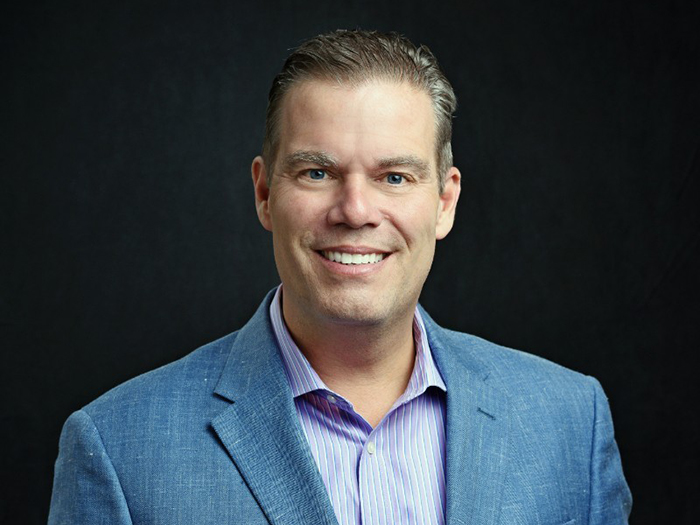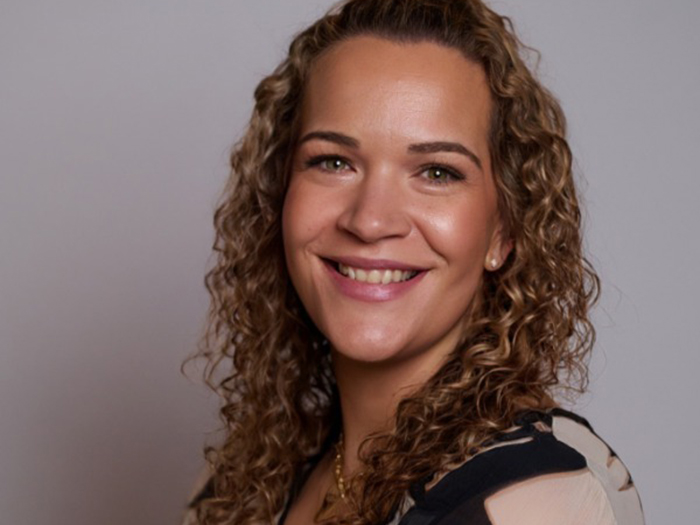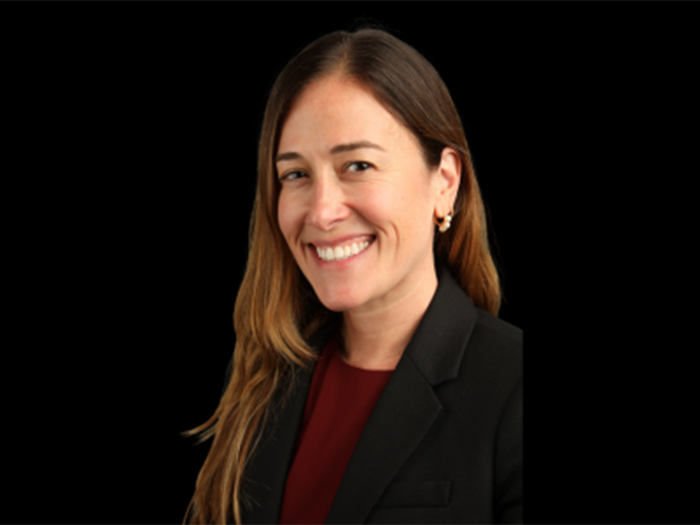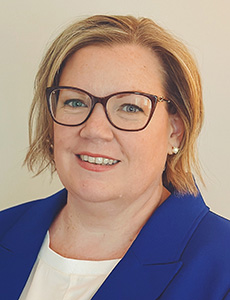The Show Can’t Go On … Without Insurance. Coverage for Film and Television Shrinks Amid COVID-19
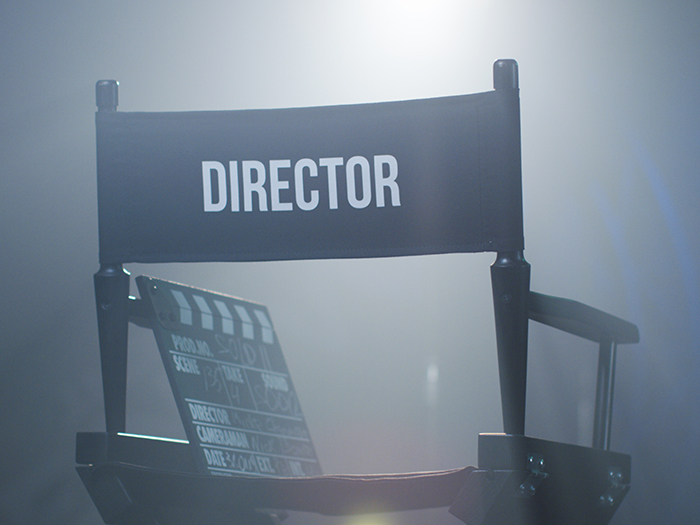
As COVID-19 swept the nation, our entertainment industry broke down. Sporting events were cancelled; movie productions were shut down, TV series ended their seasons abruptly; theaters closed; and streaming giants dominated.
Some production companies bumped their film release dates and premiered instead on streaming platforms, while other releases have been delayed indefinitely until theaters re-open. A few TV series, including Parks & Recreation and Saturday Night Live, recorded socially distant special episodes, often using Zoom, but the production values were, of course, not quite the same.
With film production unable to resume, people started questioning whether 2020’s would be the first summer without blockbusters since Jaws premiered in 1975.
“Hollywood was shut down,” said Brian Kingman, managing director of Gallagher’s entertainment practice. “COVID-19 literally stopped all production of movies, television shows and live events around the world.”
Massive Losses for the Sector
All of these production shutdowns and cancellations added up to massive losses for the entertainment insurance sector.
Unlike business interruption policies, which exclude communicable diseases, production insurance and event cancellation policies are often triggered by orders from civil authorities. Productions and events then receive insurance payouts up to a certain limit.
When governors started issuing stay-at-home orders and banning gatherings of more than 10 people, these policies were triggered. A Variety article estimates that the sector is facing between $300 million and $1 billion in claims.
While claims are still being filed and the exact number is still unknown, Joe Addison, U.S. entertainment and media practice leader at Marsh, pegs that number even higher. He suspects that there will be billions in claims.
“The insurance companies were blindsided by this, as we all were,” said Paul Jones, managing director of entertainment at HUB. “It’s basically impossible right now to get coverage for pandemics.”
California Governor Gavin Newson announced that film and TV shoots could resume as early as June 12. However, facing massive losses, underwriters are wary of writing new policies. That means that some production delays could be extended.
In the meantime, productions are scrambling to come up with safety protocols and brokers are trying to find new policy triggers that could make insurers feel more comfortable underwriting the risks.
The Future of Production Insurance Policies
Due to the high volume of claims, some underwriters aren’t writing anymore production insurance or event cancellation coverage this year.
Markel Specialty, the company that provides some of the event cancellation coverage for Wimbledon and the Tokyo Olympics, announced that it would be putting a stop on event cancellation policies while it calculates its losses. Many film and TV production insurance underwriters are doing the same, Variety reports.
Markel Specialty reports $325 million in business interruption and event cancellation exposures so far due to the pandemic.
For productions able to obtain insurance, infectious diseases, like COVID-19, will likely be excluded.
“As far as coverage for infectious disease going forward, it doesn’t appear anyone’s going to have it upon their renewal,” Addison said.
Productions are currently planning new safety procedures that could make underwriters more comfortable taking on the risk.
Included among these procedures is the requirement that cast and crew wear face masks whenever possible and increased cleaning requirements for sets, according to a White Paper that has been circulating through the industry.
“The guidelines are exhaustive, everything from testing to isolation and hygiene. They’re planning all of the various things you could imagine as far as social distancing on set,” Kingman said.
Brokers are also working on improving language in production insurance and event cancellation policies. One factor that has bedeviled business interruption claims during COVID-19 is how clearly and uniformly civil actions dictated business closures.
Mayors sometimes impose different restrictions than the governor in their state. President Trump further muddled things, by making declarations about what he thinks should reopen and when.
This lack of clarity from civil authority is a departure from other events that triggered production shutdown coverage and event cancellations.
“Civil authority after Hurricane Sandy was pretty clear. The roads were blocked. It wasn’t a safe place,” Addison said.
“Right now we’re seeing a complete divergence of where a municipality or a governor or a mayor will close something down because of local concerns. Civil authority is all over the place during the pandemic.”
Big Studios vs. Independent Producers
Even if production safety protocols are worked out and new policy triggers are defined, some movies simply won’t be able to be made this year.
Major studios, like Disney and Netflix, will likely be unaffected by the same insurance woes as their smaller peers, Variety reports, as they have the capacity to assume the risk of COVID-19 shutdowns without turning to insurers.
“The production companies, networks and streaming services will have to take the risk because no insurance company will cover it right now,” Jones said.
Mini-majors, smaller studios and independent producers are more dependent on financing shutdown risks through insurance policies.
“I’m spending a lot of time trying to get capacity or insurance products for the independent producers since they’re the most dependent on pure risk transfer insurance products,” Kingman said.
Other brokers are looking through workers within other policies.“The only coverage that I could get without a specific COVID-19 exclusion, and that doesn’t mean that underwriters won’t underwrite for it, is Key Person Life and Disability coverage,” Jones said.
“So if I were to go out and write a Life and Disability coverage for an actor or director, it conceivably would not have a COVID-19 exclusion. So, that’s sort of work around for cast insurance that might be a possibility,but I haven’t placed any yet.”
Like other sectors, entertainment insurance providers are advocating for the U.S. government to step in and share some of the risk through a Pandemic Risk Insurance Act (PRIA). Under this act, a federal backstop would be created that would allow claims to be covered both by insurance agencies and the federal government similar to the one that was created after 9/11.
“You could make something like a TRIA,” Addison said. “Marsh has been at the forefront of advocating for a public-private pandemic risk insurance program.”
Until a solution is reached, productions will likely remain shutdown, however.
“I don’t see the traditional marketplace providing any kind of insurance products in the short term,” Kingman said. “Hundreds and hundreds of productions have been shuttered all over the world.” &





